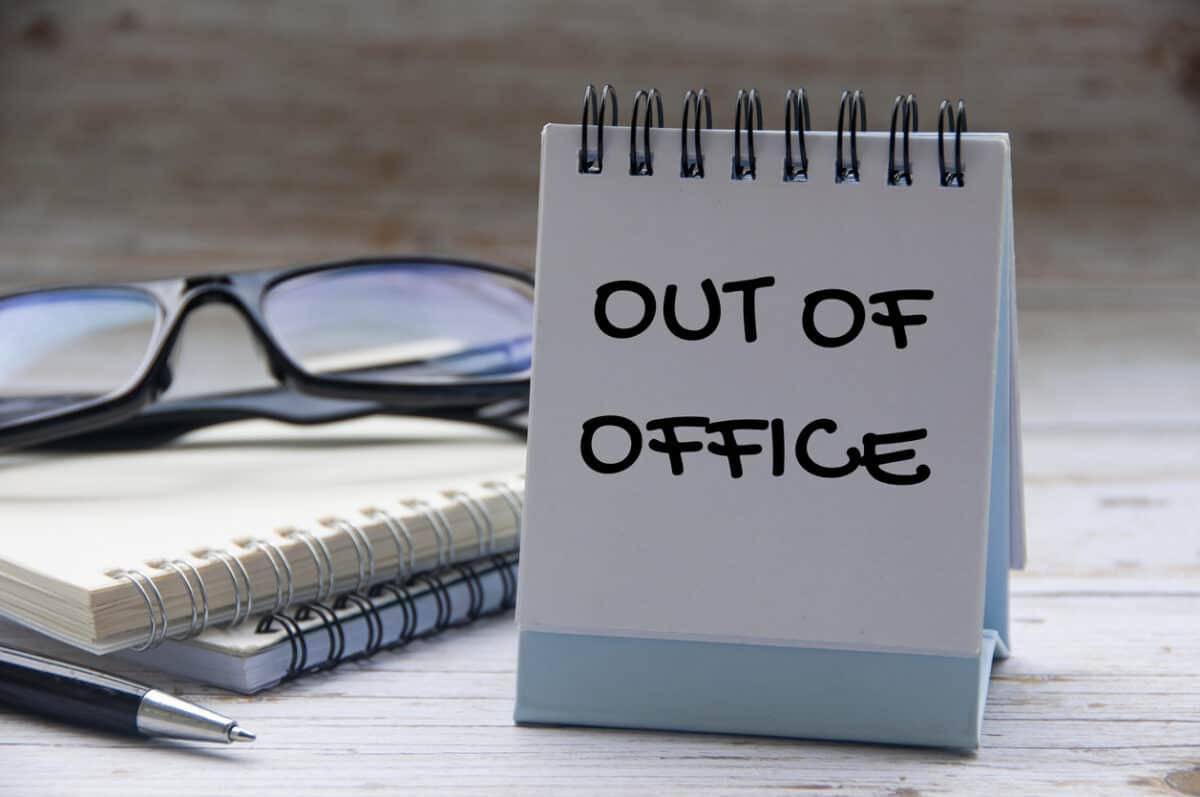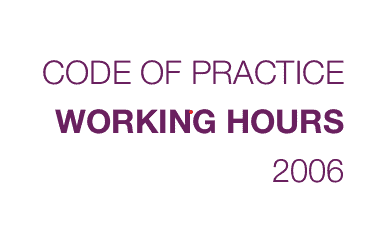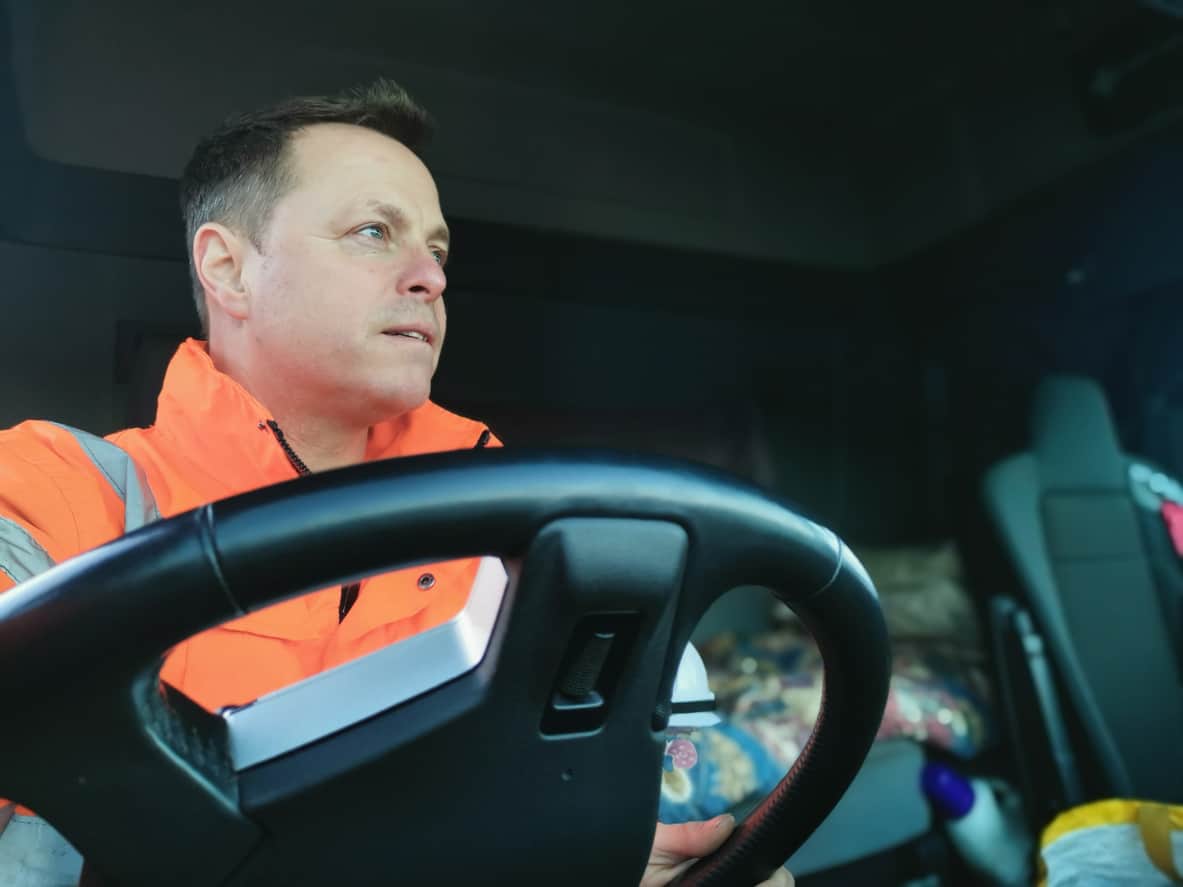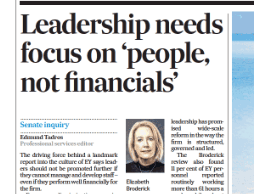The Australian Greens announced on February 7, 2024, that the Right-To-Disconnect (RTD) bill would pass Parliament as part of workplace relations reforms. On February 8, 2024, the mainstream media wrote as if the laws had already been passed. However, several issues with these laws indicate they are unlikely to be applied in practice as widely as advocates claim and in the way anticipated.
The closer the RTD laws come to reality, the more useless they appear.







